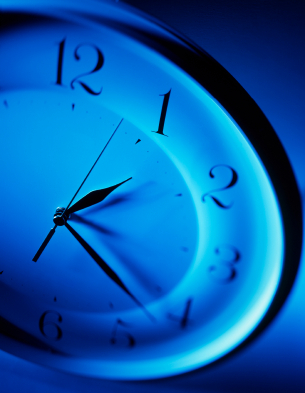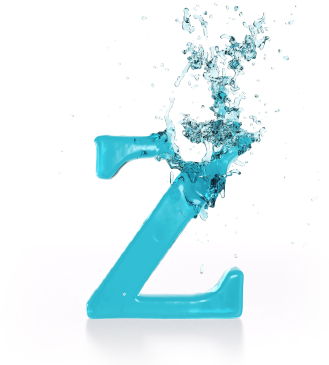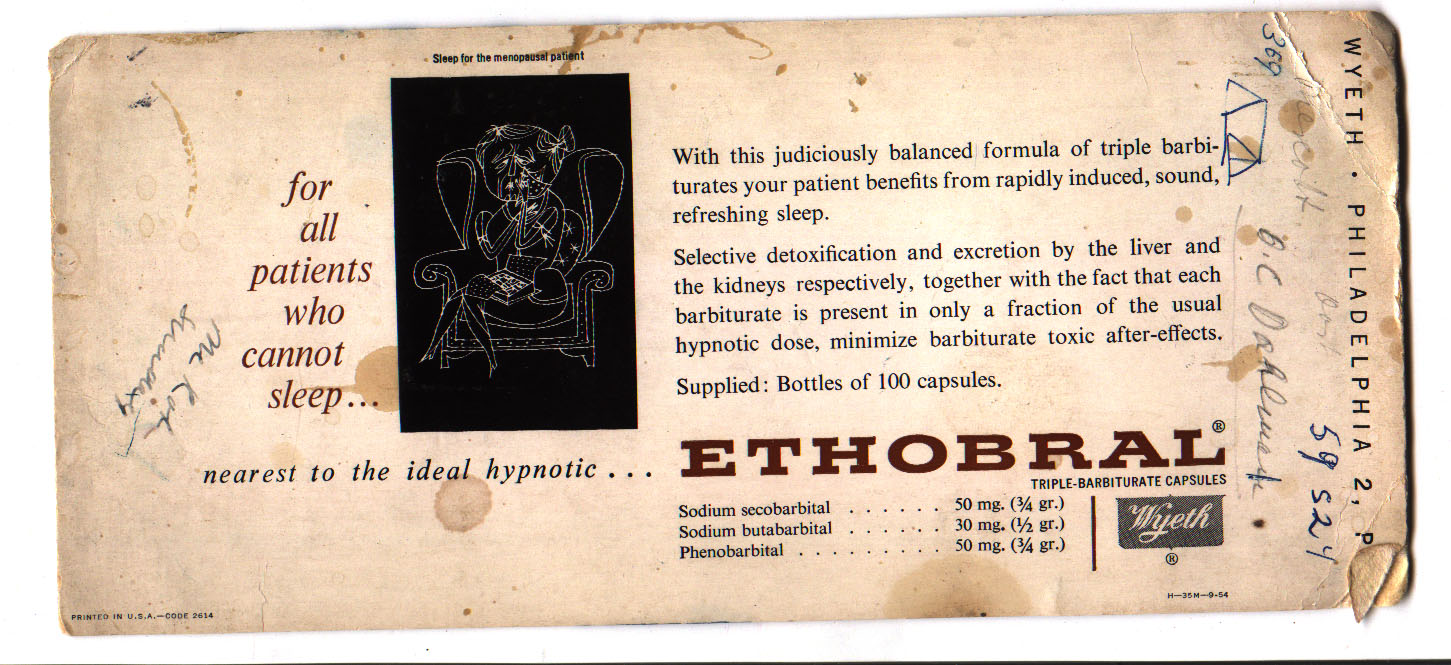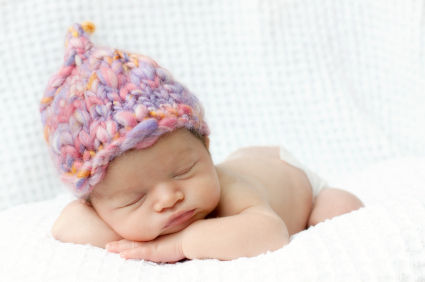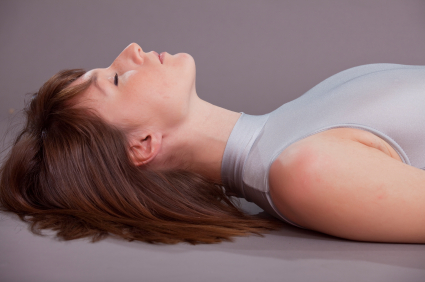Exercise and sleep. Sleep and exercise. Does it? Or doesn’t it?
Among the many repeated themes on Flashfree, exercise and sleep rank highly. After all, exercise and physical activity are musts for women as they age. And sleep? Well, that goes without saying. However, although study findings have been fairly consistent with regard to connecting regular or vigorous physical activity to a reduction in some menopausal symptoms, the verdict is still out on sleep.
Sleep. Let me tell you; I sure could use some help in that department!
So what’s the latest and greatest? Does it? Or doesn’t it? Well, a study reported last month in the early online edition of Maturitas journal suggests that it might. The researchers write that studies that have evaluated the effects of aerobic activity on sleep are few and far between, and the results, contradictory. Still, they examined what would happen if they took a group of 176 sedentary women between the ages of 43 and 63 and subjected them to aerobic exercise training for six months. The exercise that half the women were asked to do consisted of 50 minutes of walking (or nordic walking with sticks) for two sessions and other aerobic activity for two sessions per week. The degree of the exercise was moderate, corresponding to about 64% to 80% of their target heart rates. The other half of the group remained sedentary. But both were asked to report via mobile phones how much hot flashes disrupted their sleep, and how much they slept every day on a scale of 1 to 5 (5=good, 1=poor).
The findings were pretty favourable. Women who exercised for 6 months experienced a 2% improvement in sleep quality compared to the women who didn’t (whose sleep quality, incidentally, declined by a half percent). Moreover, the exercise group, who had reported having hot flashes disturbing their sleep changed their tune by six to 10 weeks after starting their four times weekly routines and reported significantly fewer episodes than their sedentary peers.
Some may question that methods used to collect information; for example, studies that rely on recall are often called into question for accuracy and mobile phone data collection is uncommon. Still, the study was longer that most and the researchers validated their findings by scientific methods. That aside, since many readers come here to read the bottom line, is that regular exercise may improve sleep. It definitely affects quality of life and has a positive emotional benefit. Whether or not a 2% improvement is enough is really subjective. For me? I am happy to sleep through the night these days!
Read MoreWednesday Bubble: Bursting the Zzzzzzs
Got sleep? If you are like me, you’ve been trying to burst this elusive bubble for years now. That’s why I was so intrigued when I received a note from a research assistant from Stanford University, asking for help in recruiting participants for a study that they are conducting.
Researchers in the department of clinical psychology are attempting to tease out the association between menopause and sleep disturbances, as well as treatment preferences, in order to develop behavioral strategies to combat insomnia and hot flashes/night sweats. Sounds intriguing, right? Hence, they need your opinions and 15 minutes of your time, anonymously.
Hey, why not?!
The online survey, which can be found here, may eventually lead to more evidence-based non-drug therapies for menopausal symptoms. And you may have a role in helping burst the Zzzzs bubble!
Read MoreI put a spell on you?
Any regular reader of this blog knows that I love vintage advertising, namely because it’s so medically and politically inappropriate for today’s times.
I stumbled across this doosie in my weekly research:
Barbituates – they’re not for the 60s any longer. In fact, even Wyeth Pharma got ‘down’ on this triple barb combination first produced in 1936 and taken off the market in 1996. That’s sixty years of drug haze-induced. hypnotic sleep, including Marilyn Monroe’s. But I digress.
Ethobral was also used for menopausal women in dire need of a few ‘zzzs – check out the small copy above the graphic:
Sleep for the menopausal patient.
I put a spell on you? Indeed. A spell called Ethobral. I wonder how many women were hooked on these baby barbs in the 1930s, ’40s and ’50s!
Read MoreWhen was the last time you slept
…like a baby?
Yawning again? It’s not daylight savings time, promise! In fact, it may very well be your mood, at least in part.
I’ve been writing about sleep (or lack thereof) and menopause since first starting this blog in 2008. Click on the link and you’ll see posts about causes, solutions, pillows, sheets, you name it. And yet, I wouldn’t be surprised if sleep eludes you from time to time as much as it does me. More importantly, I imagine that some of you in the Flashfree universe don’t sleep much at all.
What gives?
Anxiety. And depression. That’s what. At least according to new data appearing in the online version of Maturitas journal. This time, researchers in search of some answers about sleep difficulties in midlife examined medical records of 237 women in peri- and postmenopause, all of who were on average, 52 years old. More specifically, they delved into answer that the women had provided to previous questionnaires about their life quality (based on physical and mental health, life satisfaction and social involvement) and degree of anxiety and/or depression. Within these questionnaires were measures of menopause-specific symptoms as well as sleep issues, including difficulty falling asleep and sleep that was non-restorative.
Overall, and unsurprisingly, about 36% of the women expressed difficulty falling asleep and 44% nonrestorative sleep during at least half the week. Almost a third experienced both issues at least 3 nights a week. Yet, sleep difficulties were less associated with menopausal symptoms (night sweats, hot flashes, nausea, dizziness, muscle/joint pain, headaches) and rather, with psychological statse of being. Indeed, trouble falling asleep seemed to be mostly correlated with anxiety, while non-restorative sleep was linked to depression.
This is not the first time that researchers have linked mood disorders to sleep issues. And although the progression is not entirely clear, i.e. the time course over which depression and anxiety develop during the transition to influence sleep, what is clear is that treating the underlying issues may ultimately help improve sleep quality.
What about you? Do you find that feeling blue or anxious tends to rob you of much needed zzzs? Or are you more convinced that waking up drenched in sweat is what is messing with obtaining restorative sleep?
Inquiring minds…
Read MoreWednesday Bubble: Can yoga decrease insomnia, improve sleep quality?
I love that yoga practice continues to take center stage in Western medicine. Truly, this is mind boggling because rarely, if ever, has an alternative practice been given so much credence within the confines of a medical philosophy that allows little outside the box. However, just a few weeks ago, yoga made the headlines again with data showing that it might be useful for treating lower back pain than standard therapies.
In menopause, yoga practice has been explored for stress relief, to improve wellbeing and as a tonic for vasomotor symptoms. Notably, the latter are considered to be partially responsible for significant sleep issues that occur during and after menopause. Indeed, some data show that up to 81% to 83% of women may have sleep complaints and 52%, insomnia.
Yet, like many strategies, yoga is not a one size fits all practice and there are many branches and types, some being meditative and others breathing, and some more physical than others. These distinctions can make it difficult to standardize studies and apply their results. Still, I was thrilled to stumble across a study evaluating the effects of a specifics sequence of yoga on physical and mental health, and symptoms in menopausal women experiencing insomnia. Importantly, this study used a scientific, randomized controlled design to insure that test conditions were up to par with Western methodological standards.
Basically, researchers assigned 44 menopausal women diagnosed with insomnia to one of three group:
- a control group who ingested 500 mg calcium daily
- a passive stretching group, who participated in two, one hour passive stretching classes a week (including stretching of back, stomach, ankles, knee, thigh, elbow, shoulder, wrist and neck) or,
- a yoga group consisting of two, one hour sessions weekly. These yoga sessions were based on a sequence using stretching positions (asanas) with strong and fast breathing (bhastrika) followed by directed relaxation.
Women in these groups also took 500 m g calcium daily.
The study, which lasted for four months, showed that engaging in a particular sequence of yoga significantly reduced vasomotor symptoms and improved sleep/insomnia severity and mental health compared to passive stretching or simply taking calcium. Women who took the biweekly yoga classes also had higher quality of life scores and better resistance to stress. And while the passive stretching group certainly did not do as well, they did trend towards these benefits as well, especially with regards to the degree of reported stress in their lives.
The researchers believe that regular yoga practice, at least with these particular sequences, alters the nervous system and increases brain concentrations of a potent neurotransmitter – λ-aminobutyric acid – to help improve sleep patterns and reduce vasomotor symptoms. Likewise, stretching may lead to a state of calm that results in reduced metabolism, heart rate, blood pressure, breathing and muscle tension, all of which contribute to stress (or stress reduction).
Granted, this is a small study but it was rigorously designed and suggests that yoga may help sleep issues associated with aging and menopause. I, for one, want to run into a yoga studio. I don’t recall the last time my zzzz’s were not interrupted.
Read More






